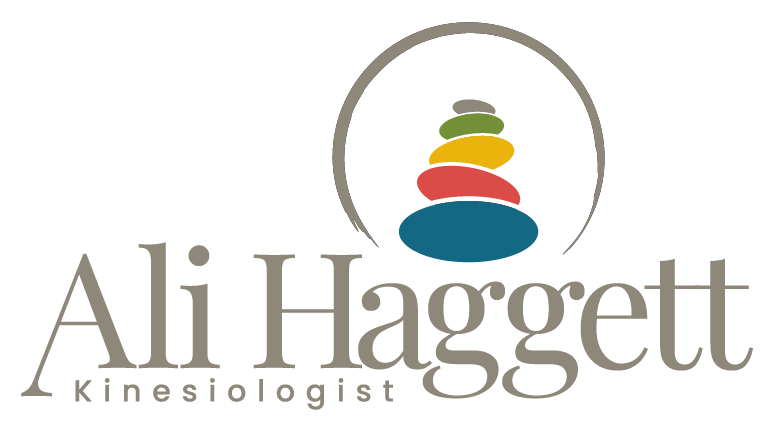Value, skills and purpose
In my second blog, I had planned to write about the skills I’d developed from working in academia. As academics, we know we are great at working to deadlines; brilliant at problem solving; and efficient at prioritising. We ask important questions and understand the relevance of context. We communicate well – and those of us in the humanities usually have a gift for writing and arguing (my husband would agree on that final point).
But as I began thinking about this, I realised that there are now many excellent blogs, websites and podcasts that help grad students and postdocs identify the transferable skills developed through doctorate degrees and beyond (see links at the bottom of the page). So instead, I’m going to focus on the process I went through trying to establish why I had begun to feel poorly suited to academia and how I could work out what might inspire me instead. Initially, I was completely confused! I appeared to have the skills to succeed in Higher Education and seemed to be performing well. Although the workload was demanding, that wasn’t the core problem. I was managing. I enjoyed teaching and loved my research. Why did I feel empty and exhausted? To answer these questions, I sought the advice of Juliette Dyke, a career coach, who turned out to be instrumental in my decision to leave. The fog and confusion gradually began to lift. Through a series of thought-provoking exercises, I was prompted to reflect, not only on my skills, but also on my values and my broader purpose. These were difficult exercises and being guided through them by someone who had distance from my circumstances was essential to the success of the process.
Values
What emerged was revelatory to me. I realised that I’d focused for too long on my skills – I could do the job, therefore things should be fine! I’d wrongly assumed that my values were implicit in all that I did; however, I’d never really taken time to identify what they actually were. From a long list of values, I was tasked with choosing those that were most important to me. In no particular order, they were: integrity, acceptance, connectedness, compassion and humour. The need for continued growth/learning; the importance of leading a healthy lifestyle; and the need for joy were highly rated too. I realised that only one of those – the need for continued growth and learning – was being fulfilled effectively.
Looking back, I seem to have something of a chequered past when it comes to ‘values’. When I passed my PhD, my Father, in typically offbeat style, marked the occasion by sending me a large parcel containing my old school reports. He said this was to remind me that ‘they were bloody awful’. As the Headmaster noted in my final school report, intellectual development wasn’t something I prioritised at the appropriate age. What he didn’t mention here though, was the volunteer work I did every weekend during term time. Pupils were given the opportunity to sign up for ‘social service’ and were paired with a local residential home to befriend residents who felt isolated and alone. My friend and I visited an elderly lady once a week, providing companionship and support. I remember walking across the Clifton Downs, every Sunday morning, spending a good hour with this wonderful lady who had no family, and with whom we became very attached. Evidently, my values didn’t chime particularly well with the Headmaster’s, who prioritised intellectual development above everything else. Combined with my fiercely independent spirit, I got into plenty of trouble. But I’m not sure I agree with him that personal development should necessarily come second to intellectual achievement.
In recent years, I began to realise that my need for integrity – and authenticity – was being obstructed by the broad trends in Higher Education. The myriad agendas that drive the direction of research and teaching; national and institutional processes and policies; and the corporatisation of education had led to huge changes, some of which seemed arbitrary or inequitable and left me feeling uneasy. I also struggled with my need for acceptance and connection. Academia is fiercely elitist/competitive, and I’m not. I ask a huge amount of myself but have never been particularly worried whether or not that makes me more or less successful than anyone else. Aiming for ‘stellar’ was exhausting.
As William Deresiewicz noted in his controversial article ‘The disadvantages of an elite education’, top universities focus on the brightest and the best, but the ‘brightest’, perhaps only in one sense. Those with no university education, or those who attend less prestigious institutions, often have a more independent spirit, and may not excel academically because they are focused on projects and priorities outside the intellectual sphere. Graduates of elite institutions are not more valuable than those with no university education or anyone else. As Deresiewicz points out, ‘their pain does not hurt more. Their souls do not weigh more’. These observations had begun to jar with me at a level deep within; however, they were hard to excavate and articulate, because few people speak about them openly. I found myself wanting students to experience more ‘real world’ activities as part of their degree – and also to value rest and recreational time.
Finally, on a basic level, academia was frustrating my ability to look after my own health and spend time with my family. Dina Glouberman, writing on burnout, suggests that we may lose heart in what we are doing because either we change, or the work changes. From my perspective both were true. On the one hand, my Mother’s death brought the importance of family, health and joy into sharp focus; on the other hand, academia was moving in a direction that increasingly clashed with my values. As Glouberman pertinently noted, a lifestyle that once fitted, may no longer do so. ‘This way had come to an end’.
Purpose
In order to move forward, we worked on my ‘purpose’. What motivated me? And how I could best use my skills to good use in an alternative field? Connecting with people to promote wellbeing and being an advocate for those who need social support emerged as things that motivate me. I also realised that my unusual journey through the education system had left me wondering what we mean by ‘intellectual’, or indeed ‘education’ – and keen to raise important questions about this. The coaching process marked the beginning of something new and prompted me to think of ways to use my skills working in the community – and in new ways of promoting wellbeing.
*For useful sites on transferable skills, see:
Jobs and Toast
Beyond the Professoriate
The Recovering Academic
https://recoveringacademic.net
Juliette Dyke Career Coaching

